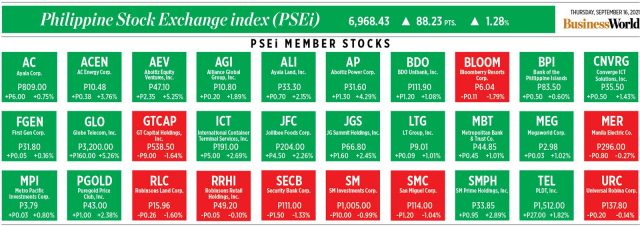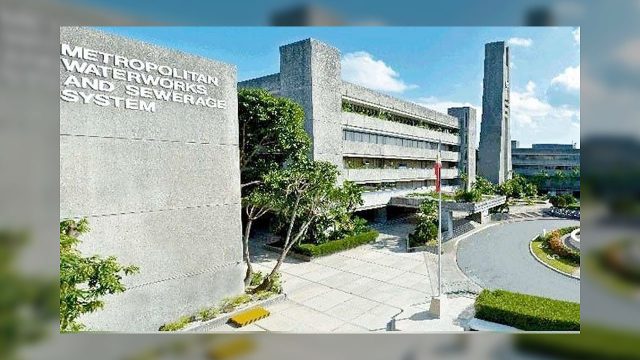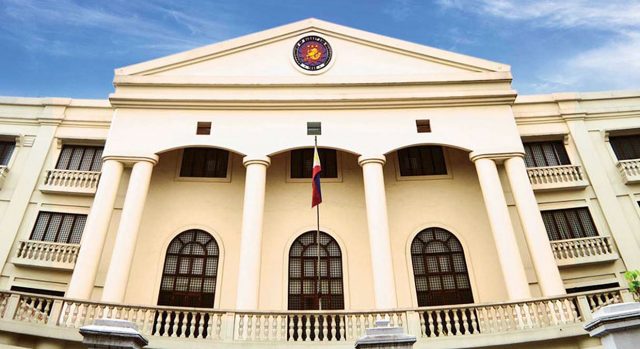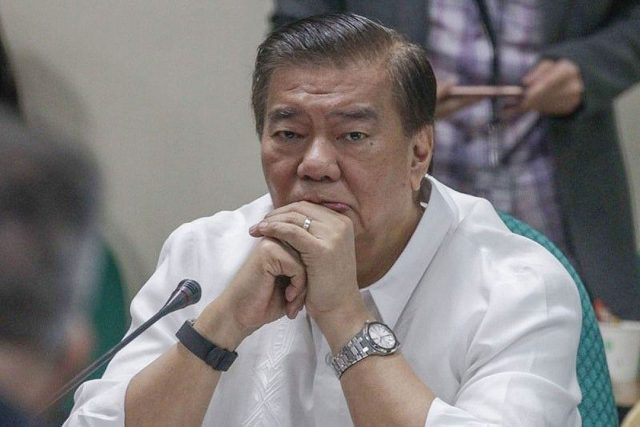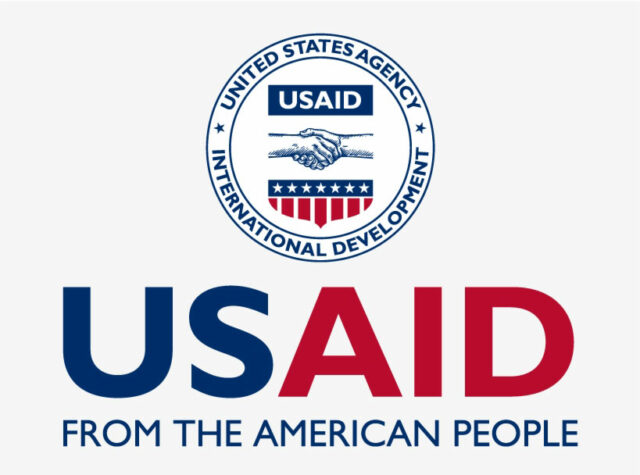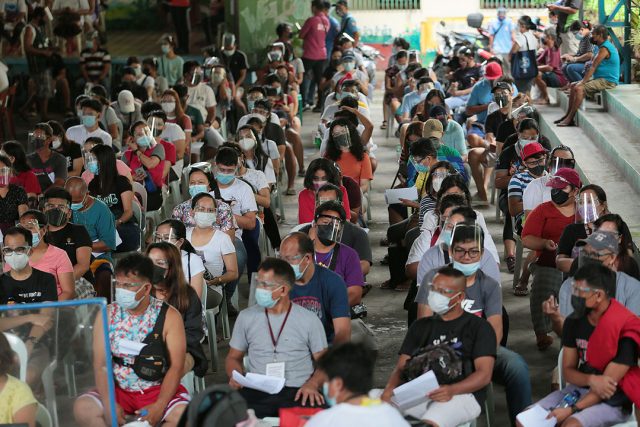THE PHILIPPINES on Thursday said it would not cooperate with the International Criminal Court’s (ICC) investigation of President Rodrigo R. Duterte’s war on drugs.
“Our position concerning the proceedings before the ICC remains,” Chief Presidential Legal Counsel Salvador S. Panelo said in a statement. “The foreign institution has no — as it never had — jurisdiction over the affairs of the Republic of the Philippines and its people.”
The ICC decision to investigate Mr. Duterte for alleged crimes against humanity “neither bothers nor troubles the President and his administration,” he added.
Mr. Panelo separately told reporters ICC investigators would be barred from entering the Philippines during Mr. Duterte’s term.
The tough-talking leader, who has less than a year before his six-year term ends, prefers to die rather than face the international court, his spokesman Herminio “Harry” L. Roque, Jr. said.
Cases should be filed before domestic courts, which are fully functioning, Mr. Roque told a televised news briefing.
The ICC’s pre-trial chamber has formally opened a probe of alleged human rights violations committed in Mr. Duterte’s bloody drug war.
The Hague-based tribunal said the government’s drug war “cannot be seen as a legitimate law enforcement operation, and the killings neither as legitimate nor as mere excesses in an otherwise legitimate operation.”
The ICC, which investigates and tries people charged with genocide, crimes against humanity, war crimes and aggression, will also probe vigilante-style killings in Davao City when Mr. Duterte was still its vice-mayor and mayor.
Mr. Roque said the Philippines would not cooperate with the ICC probe because it lost jurisdiction of the case after the country broke ties with the tribunal in 2019.
Tens of thousands of drug suspects have died in police anti-drug operations, many of them allegedly killed after resisting arrest, according to the United Nations.
Human Rights Watch lauded the court’s decision, saying it gives survivors and victims’ families “reason to hope” for justice.
The investigation “offers a much-needed check on President Rodrigo Duterte and his deadly war on drugs,” Carlos Conde, the group’s senior Philippines researcher, said in an e-mailed statement.
At least 122 children were killed in the government’s deadly drug war between July 2016 and Dec. 2019, according to the World Organization Against Torture.
The Philippine Commission on Human Rights said that it would consider cooperating with the ICC. “Should we receive a formal request from the ICC, we will take whatever they present to us in that formal request under consideration at the appropriate time,” Chairman Jose Luis Martin C. Gascon told a House of Representatives budget hearing on Thursday.
Detained Senator Leila M. de Lima said it was only a matter of time before the ICC orders the arrest of Mr. Duterte, his former police chief and now Senator Ronald M. de la Rosa and the so-called Davao Death Squad.
The senator, one of Mr. Duterte’s staunchest critics, is on trial for allegedly abetting illegal drug trade inside the country’s jails when she was still Justice secretary. She has denied any wrongdoing.
“Duterte reminds me of the dictator who refuses to acknowledge the existence of an international community of nations that chose to live within contemporary standards of human rights and civilized polity,” Ms. De Lima said.
“The ICC decision to specifically investigate him for crimes against humanity is the proverbial hangman’s noose closing around the neck of the sociopathic serial killer,” she added.
The government’s refusal to cooperate could hurt Philippine relations with the international community, human rights lawyer and former congressman Neri J. Colmenares said by telephone.
“It will seriously weaken the credibility of the Philippines in the international community,” he said, adding that the country could be considered a “rogue state.”
The ICC does not normally take on a case if a member state can do the probe on its own, human rights lawyer Jose Manuel I. Diokno said by telephone. “The fact that ICC has gone this far is an indication that it would be difficult for victims to take justice in our country.”
In 2018, Mr. Duterte said extrajudicial murders happened under his administration’s drug war. The Commission on Human Rights has said the state was violating human rights for failing to stop police abuse.
Judges Peter Kovacs, Reine Adelaide Sophie Alapini-Gansou and María del Socorro Flores Liera signed the ICC order to investigate Mr. Duterte. — Kyle Aristophere T. Atienza and Bianca Angelica D. Añago




